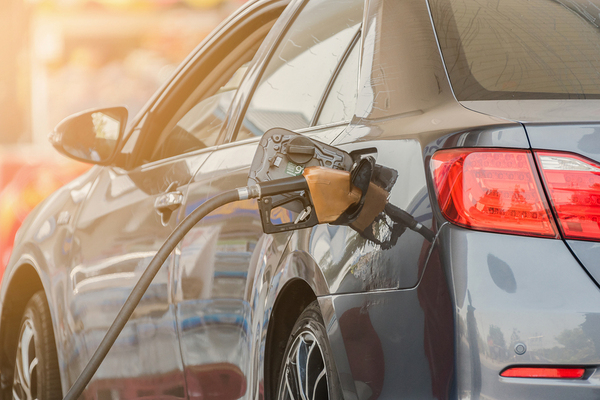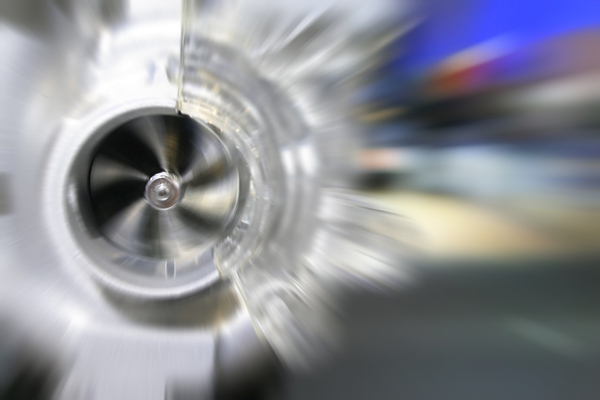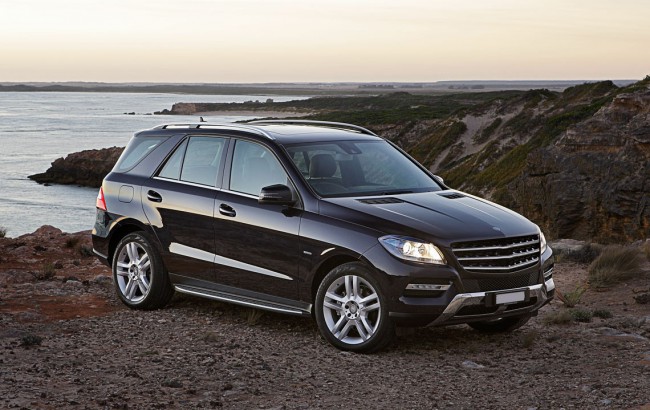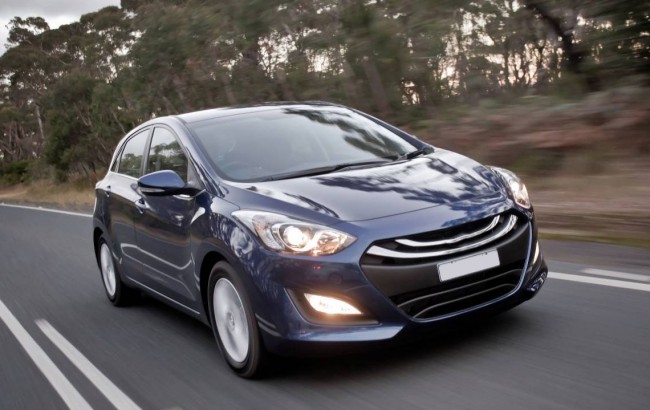Pros and Cons of Buying a Diesel Car
Pros and Cons of Buying a Diesel Car

Buying a diesel is not just about the pump you choose.
Is it still okay to buy a diesel car? Volkswagen’s highly publicized emissions scandal has scared many buyers away from buying a diesel car. However, diesel might well work for your needs, and well before Volkswagen got busted, diesel was and remains a popular engine. Is a diesel right for you? Here are the pros and cons.
Pros
- Diesels are more fuel efficient, thanks to their design. A fuel injector atomizes fuel in the chamber and a piston presses down until the pressure gets to be so much the fuel ignites. Diesels only need enough fuel to push back the piston, so less fuel is wasted.
- Diesels hold their resale value well. Thanks to a small but steady demand for diesels on the used market, and their general benefits, even older diesels generally sell for a better rate.
- Diesel engines have fewer parts, making them cheaper and simpler to maintain and even, in some cases, repair at home. You will not have to worry about spark-plugs or ignition tune-ups.
- Diesels do not necessarily need to run on fossil fuels. All a diesel engine needs is a liquid that will burn, at least in theory, although you may want to examine that in practice.
- Nothing hauls like a diesel. They have incredible torque, they are better at towing, and they have a faster initial acceleration. It is why the trucking industry runs on diesel.

Diesels can pull, but they cannot speed.
Cons
- Diesels cost more up front and they will be harder to find with less wiggle room for a deal. Because gasoline is far more popular in America than diesel, dealerships will not stock as many of them and have a much tighter margin.
- Diesel fuel is generally more expensive and harder to find in some areas. You will want to check local gas stations and price out the cost of diesel against the cost of gas.
- Diesels are loud. They are not nearly as loud as they were in the past, thankfully, but this is not a quiet engine. While the ride is much smoother, you might still not be a fan of the occasional clank and clatter.
- Diesels have fewer emissions than gasoline, but the pollutants they put out are doozies, as anybody who has been stuck behind a truck on the highway knows all too well. Nitrous oxides and soot are common, although green technologies have made them more friendly.
- Diesels are not built for speed. They generally have less horsepower than gasoline engines and are slower. Practically speaking this is not a deal-breaker for most drivers, but it can be tough to get used to.
- Diesels need regular maintenance. You will need to stay on top of oil and filter changes and empty a water-separator bin. If you do not and the engine breaks, you will be out a lot more money.
As you can see, diesels have their place, but whether that place is your driveway will depend heavily on your individual circumstances. They are definitely worth considering and will likely fit the needs of day-to-day driving well. Keep in mind that this is not just a matter of pulling next to a different pump. For more about diesels and other alternative fuel cars, check out the research from CarFoundMe.


